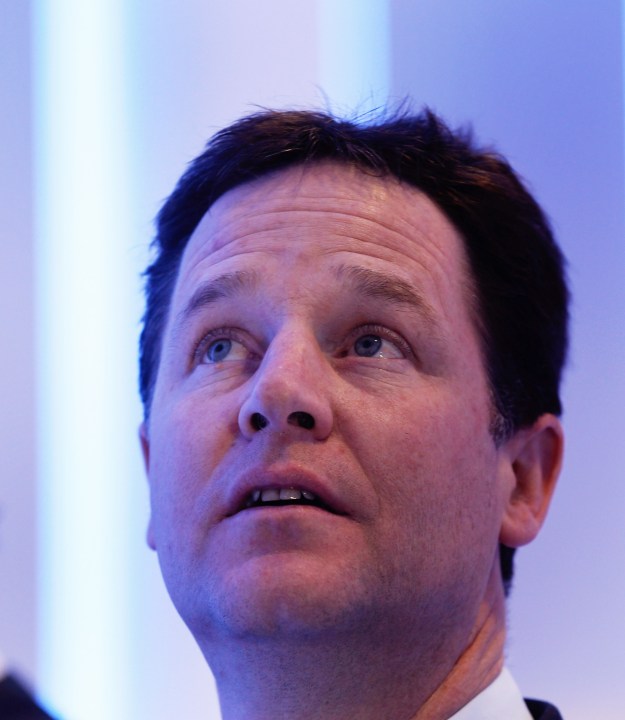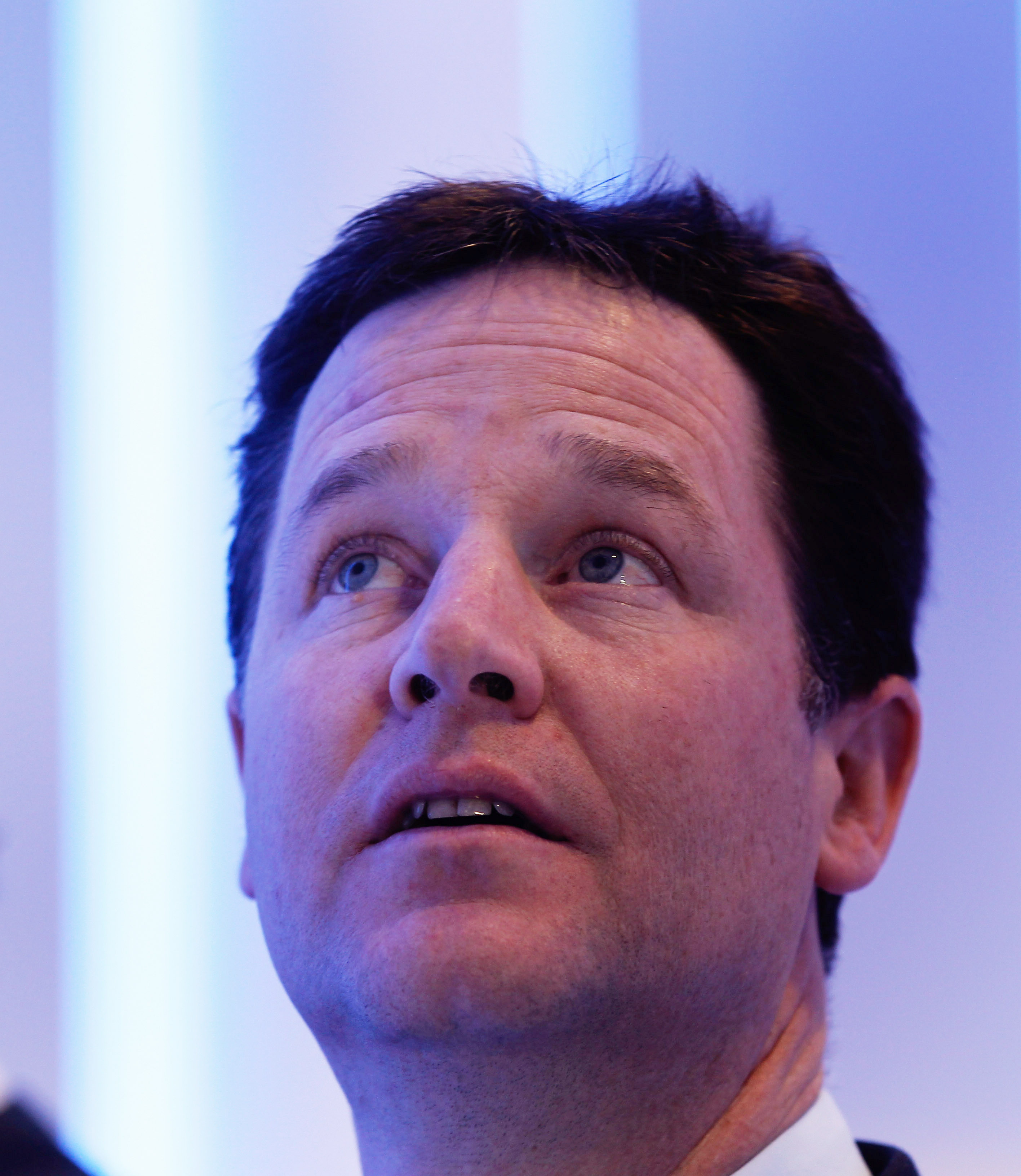 I have always thought “nudge” theory was an absurd excuse for a political
ideology: just another way of arguing against state intervention. But Nick Clegg has almost forced me to eat my words with his comments about free internships. The Deputy Prime Minister has
probably done more in one speech to improve the conditions of young, unpaid interns than any central government diktat. It is, after all, already illegal not to pay the minimum wage.
I have always thought “nudge” theory was an absurd excuse for a political
ideology: just another way of arguing against state intervention. But Nick Clegg has almost forced me to eat my words with his comments about free internships. The Deputy Prime Minister has
probably done more in one speech to improve the conditions of young, unpaid interns than any central government diktat. It is, after all, already illegal not to pay the minimum wage.
This furore has sent a chill through the political and media classes which are both awash with privileged and/or exploited young people who can afford to work for nothing. Arbiters of public
morality such as newspapers, charities, think tanks and political parties have been happy to build free labour into their business models.
Now the HMRC is set to look into MPs who don’t pay their
interns. Good.
One of the most healthy aspects of the debate has been an outbreak of unashamed chippiness. Alison Pearson, for example, who penned these fiercely resentful words for the Telegraph:
“When Ed Miliband was 15, he got work experience in Tony Benn’s office at the Commons. When I was 15, I got work in the ladies’ underwear department of Littlewoods. Ed was a
scion of the north London Marxist aristocracy. He had parents who could open doors for him. I didn’t, so I had to open drawers.”
Suzanne Moore is deliciously bitter in today’s Guardian: “I find myself being
lectured about social mobility by those who were born at the top and, er … amazingly, stayed at the top. So agile!”
So where do we go from here? Naming and shaming is a good start. I have been impressed by Jilted Generation journalist Shiv Malik’s
Twitter campaign against my old employer the New Statesman this week, which systematically uses free labour to produce the magazine.
But we also need to find ways of cracking the intern culture open. Nick Clegg and David Cameron may be posh boys but they certainly understand that the enterprise culture they wish to encourage
will not happen if a large proportion of the population is held back. The Labour Party gets this too, although it did far too little about it during its 13 years in power. In opposition, there are
signs that this could change. The young people from New Deal of the Mind speaking at the launch of the Labour Party’s new creative industries policy review this week recognised that job opportunities in the future would have to
be created rather than simply handed out.
This feeling was echoed at the Editorial Intelligence conference on Enterprise this Thursday. However, higher education minister David Willetts let
the cat out of the bag when he admitted that most “entrepreneurs” in Britain established their businesses using inherited money or at least had parents who were self-employed.
The fundamental problem Nick Clegg faces in his drive for increased social mobility is the desire of middle class parents to do the best for their children.This is one of the reasons Editorial
Intelligence founder Julia Hobsbawm and I have set up Talent to Work, which aims to give networking opportunities to the “not-yet employed”. In an
attempt to redress the balance, membership costs will subsidise places for the long-term unemployed people who are graduating from New Deal of the Mind placements.
We have to find imaginative ways around this problem. It can not be sustainable to draw our talent from such a limited pool of class and race. In the end, the initiative will have to come from
enlightened businesses which simply refuse to take the easy option. By means of a nudge, or a giant poke in the ribs, it must become the orthodox view that the use of free intern labour is a sign
of failure.







Comments